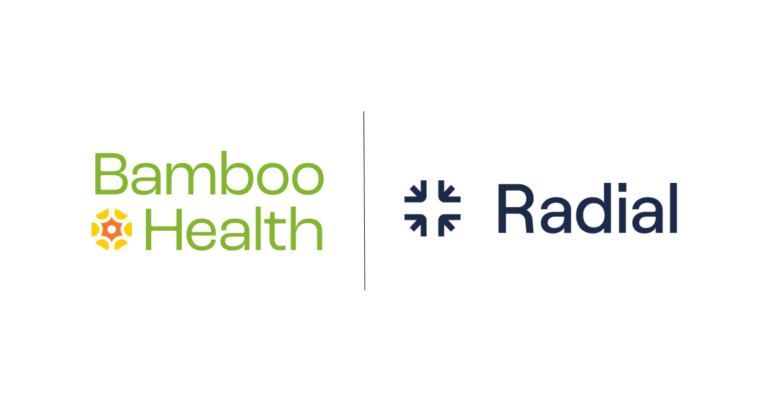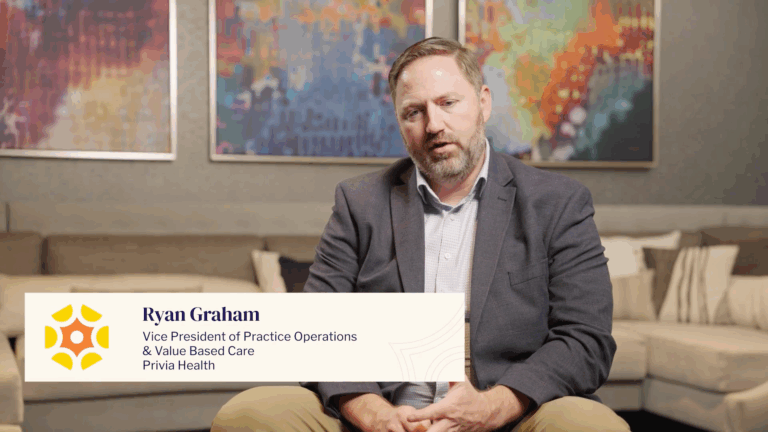As the opioid crisis continues to claim more than 3,000 lives in Illinois each year, healthcare organizations and state agencies must critically evaluate whether current controlled substance strategies are doing enough. The promise of Prescription Drug Monitoring Programs (PDMPs) lies not simply in collecting and surfacing data, but in delivering timely, actionable insights to clinical decision-makers at the point of care.
Across the country, many states have embraced this opportunity, integrating advanced PDMP insights into electronic health records and pharmacy systems to support earlier intervention, more coordinated care and better outcomes. Illinois’ existing infrastructure and approach falls short of meeting today’s clinical and public health needs, especially concerning interstate data sharing.
It’s time to shift the conversation. PDMPs are not just compliance tools. When leveraged effectively, they are a critical public health infrastructure that saves lives.
- Prioritize Continuity of Medication for Opioid Use Disorder (MOUD) Treatment: Providers need easily accessible tools and insights to monitor treatment consistency. For example, buprenorphine and other MOUD therapies are proven to reduce overdose risk, but only when treatment is consistent. Fragmented systems and siloed data too often obscure when patients fall off their treatment plan.
Advanced PDMP integrations can surface this information directly within the EHR workflow, helping providers identify gaps in care and intervene early, before lapses lead to overdose. It’s not just about tracking prescriptions; it’s about enabling proactive recovery support.
- Embed Overdose History at the Point of Care: When prescribers gain timely visibility into a patient’s prior overdose events within clinical workflows, they can more easily tailor treatment plans and initiate appropriate interventions for at-risk individuals. Research shows that nearly one in five individuals with a prior overdose will experience another one — yet this information is not always surfaced to prescribing clinicians when it matters most. Modern PDMP solutions are already delivering this level of insight in other states. Embedding overdose history directly into clinical workflows allows providers to tailor care and initiate or adjust treatment plans accordingly.
- Leverage Data for System-Wide Improvements: Using dispensation trends and overdose reporting can support individual care and offer tools to identify at-risk populations, optimize resource allocation and improve behavioral health outcomes. With streamlined insights, organizations can lower healthcare costs and enhance system efficiency. Beyond individual care decisions, these strategies hold promise for systemic improvements. By leveraging dispensation trends and overdose reporting, PDMPs can become powerful instruments for tracking at-risk populations, streamlining resource allocation and identifying broader behavioral health needs. These insights also contribute to financial sustainability: patients with behavioral health conditions, including substance use disorder, can cost 2.8 to 6.2 times more to treat when their care lacks coordination. Reducing redundancy, avoiding re-admissions and improving outcomes translate into measurable cost savings for states and healthcare systems.
State agencies responsible for PDMPs have an opportunity and a responsibility to ensure programs are delivering value where it matters most: to the clinicians and patients at the center of the opioid crisis.
But the path forward requires more than compliance; it demands reimagining how data is used, who it reaches and when. It means embracing modern, integrated solutions that embed clinical insights directly into care workflows. It means making overdose risk visible, supporting treatment continuity, and empowering providers with the information they need while maintaining patient privacy and clinical relevance. By taking a holistic, proactive approach, state PDMP programs can be instrumental in preventing avoidable deaths and advancing more compassionate, effective care across communities.
To learn more about improving your controlled substance strategy, read more here or contact Bamboo Health.



